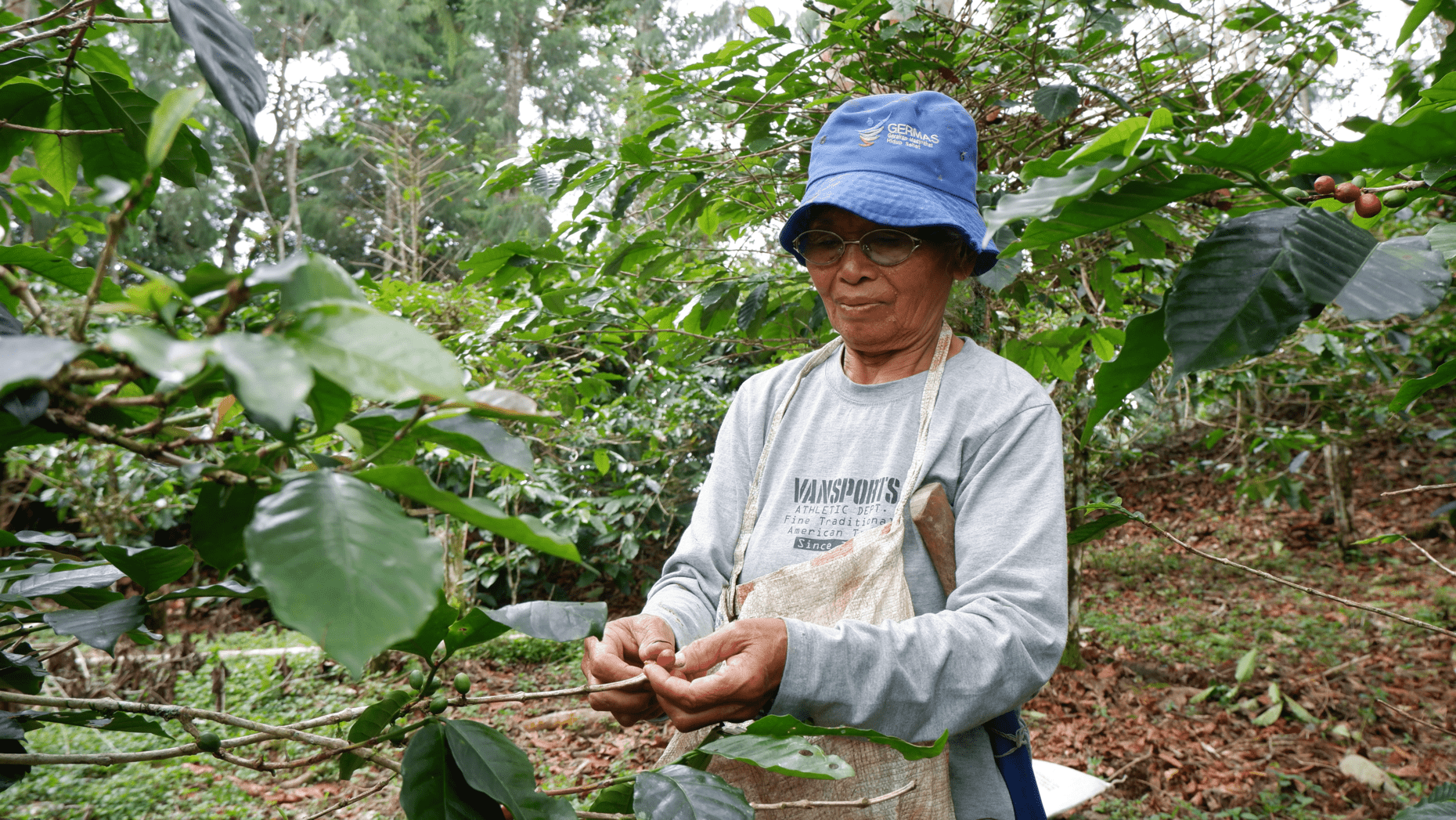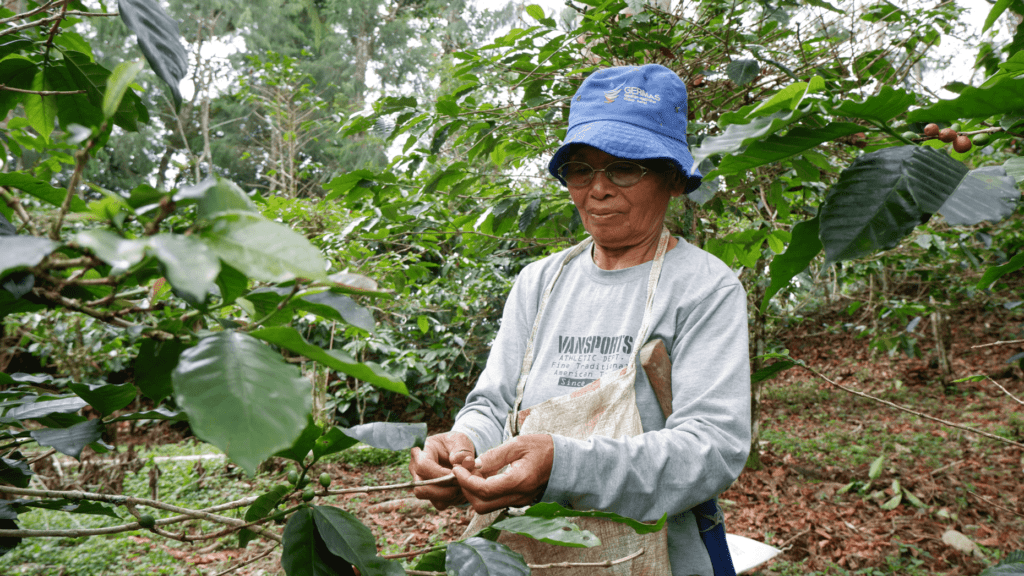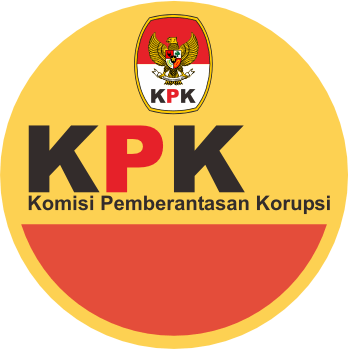

The issuance of Social Forestry Decrees for 9 Forest Farmers Groups/Farmers Groups Alliance, incl. women groups in 9 target villages of Adaptation Fund (AF) Programme in December 2021 provide bigger opportunity for the members to manage the forest safely and leglally. The women groups exist in the watershed of Saddang River.
Ministry of Environment and Forestry (MoEF) Decree No. 9/2021 has altered the previous nomenclature stating that permit holder has to be the head of household, which addressed to the men, to be open for anyone domiciling adjacent to the assigned forest area. This enable women, especially women headed household, to manage and gain benefit from the forest.
155 women joined the group within the 9 farmers groups received the Social Forestry Decree of approval from the MoEF. Those women are active members, who also manage the Social Forestry Business Group (KUPS).
Having the women in the Social Forestry farmers groups brings significant impact to the groups’ activities. First, they attend routine monthly or bi-monthly group meetings, liven up discussions, even though they still hold back from addressing opinions.
Second, 80% of the women members also promoted the establishment of nursery and were involved in preparing polybags with porang (Amorphophallus muelerri) seedlings. The women are also in charge in the post-harvest and marketing process.
Marlina from Sesesalu Village mentioned that being a member of the Sangkutu Banne women group has changed the existing relation pattern. Before, most women’s activities were in the kitchen. But now, she and other women can be more involved in economic activities.
Women’s involvement in the management of KUPS also increases production, since the programme provides trainings to improve their skills. Prior to joining the groups, the quality of coffee produced by the women were below market standard. Indeed, after teaming up in KUPS with new skills, they were able to produce coffee with standard market quality. This opens more opportunity to establish networks in the coffee market.
Through the Ecosystem Based Adaptation Programme in the watershed based on Forest Food Processing implemented by KEMITRAAN together with KAPABEL (Consortium on Climate Change and Environment), the women in the 9 target villages now have significant role in their domestic economic chains. Moreover, they also have certainty in the rights to manage forest without any concerns of criminalization and therefore more choices on alternative livelihoods. Women in possession of Social Forestry permits also strengthen the women groups’ activities, so that it is expected that the economic chains previously “owned” by the men will gradually shift to a collective management within the households.





